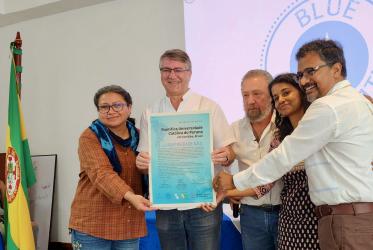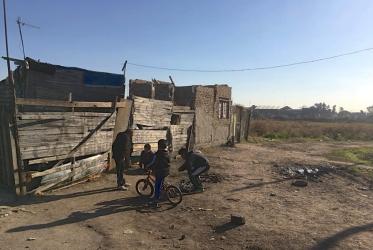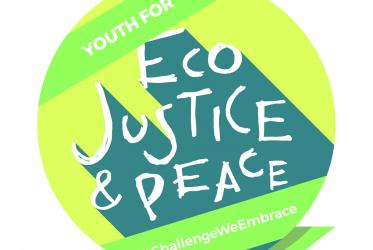Displaying 1 - 20 of 26
17 April 2024
Interfaith Rainforest Initiative expands
12 February 2019
Voices from Colombia: “What if we have no land to till?”
15 February 2018
2018 Lenten campaign “Seven Weeks for Water” begins in Colombia
15 February 2018
Seven weeks of Lent highlight water justice in Latin America
12 February 2018
WCC greets new general secretary of CLAI
07 August 2015














